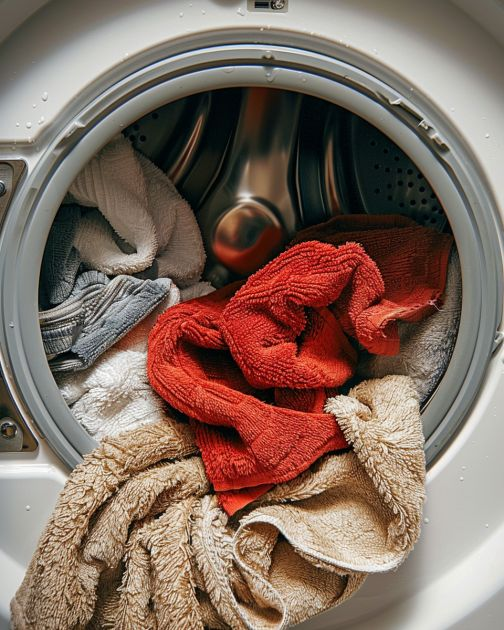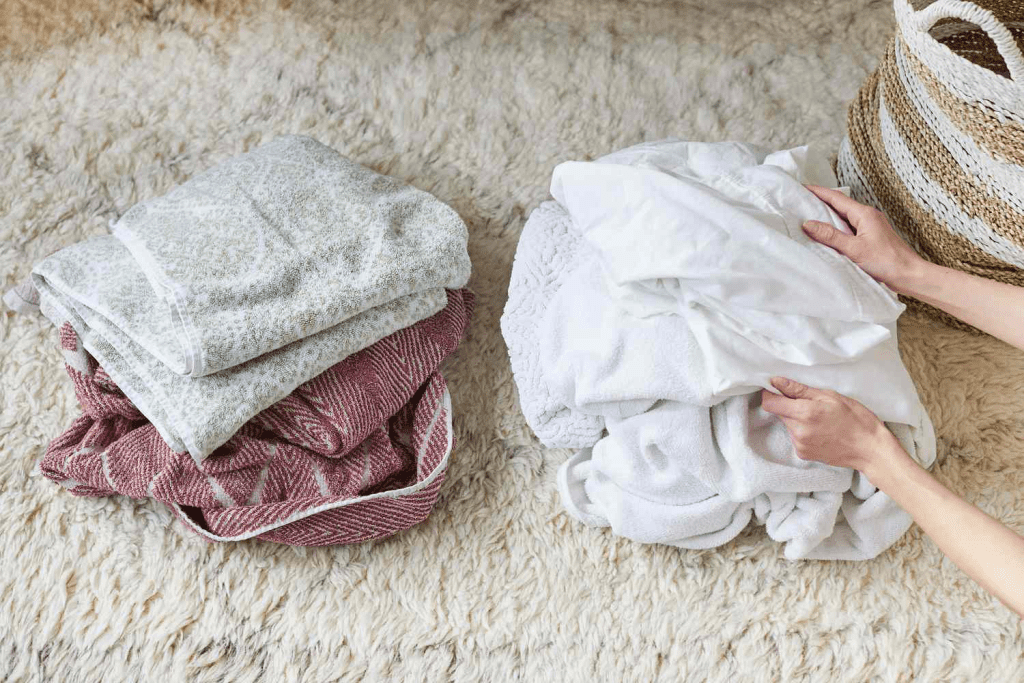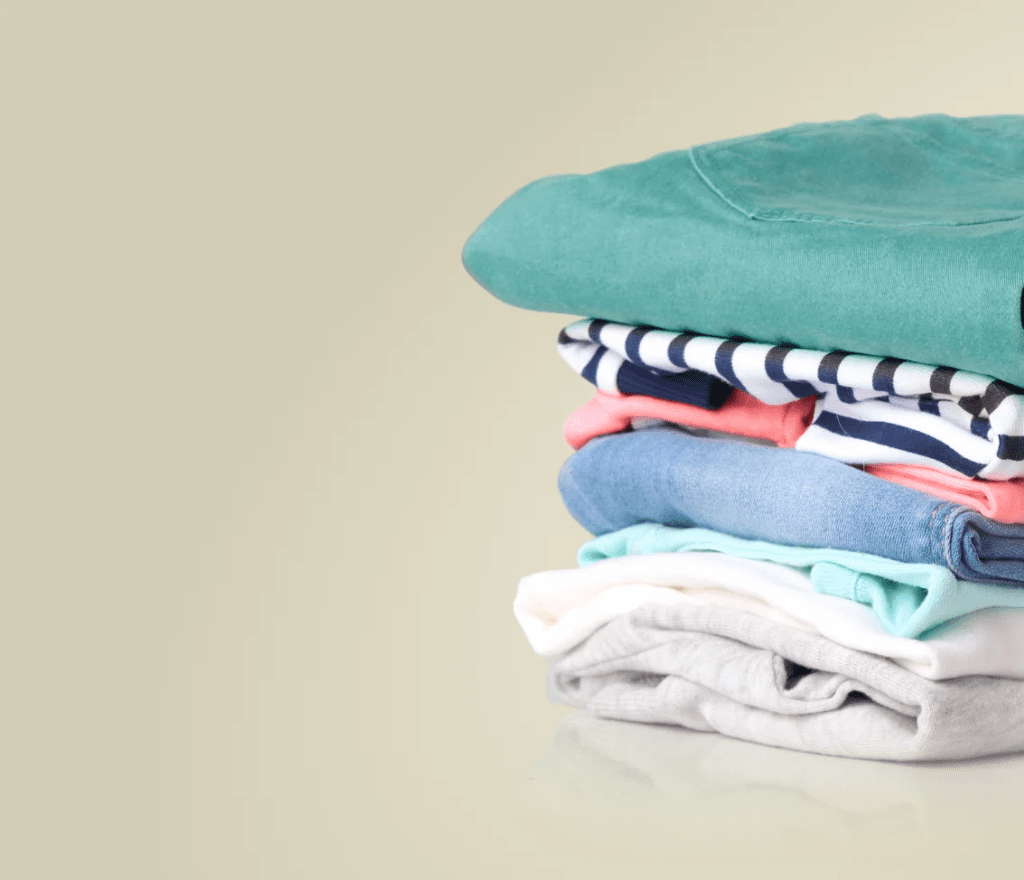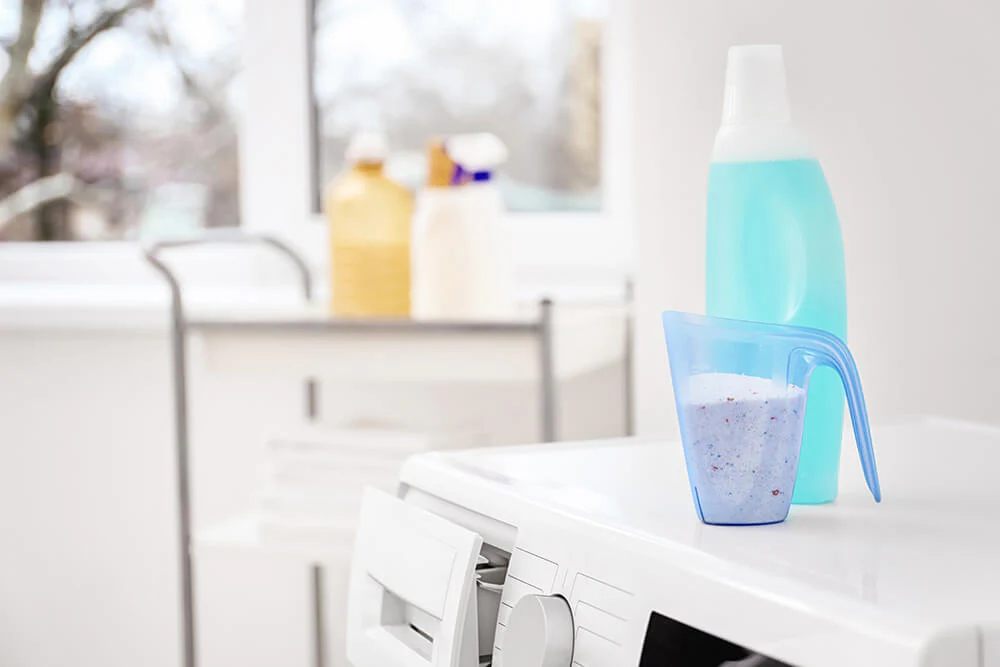When it comes to household chores, few things seem as straightforward as doing laundry. Yet, even the most mundane tasks can spark fiery debates—especially when generational differences come into play. Recently, I found myself in the middle of one such argument with my mother-in-law, who was absolutely horrified when she saw me washing towels with clothes. This led to a heated exchange that left me questioning whether I was in the wrong. So, what’s the deal? Is there a valid reason to separate towels from clothes, or is this just an outdated laundry rule?
Understanding the Concern: Why Does It Matter?

At first glance, mixing towels and clothes in the same load might seem harmless, but there are deeper issues at play. Your mother-in-law’s strong reaction could be rooted in a few legitimate concerns—especially when it comes to hygiene, efficiency, and fabric care.
1. Hygiene Issues: Towels Can Be Germ Magnets
Let’s face it, towels absorb a lot more than just water. After repeated use, they can harbor bacteria, mildew, and even mold. Washing these damp, bacteria-laden towels with your regular clothes could lead to cross-contamination. Essentially, the bacteria from the towels can transfer onto your clothes during the wash, leaving you with less-than-clean laundry.
If you’ve ever noticed a musty smell on freshly washed towels, it’s a sign that bacteria may still be lurking in the fibers. Towels need to be washed at higher temperatures to properly disinfect them, whereas clothes—especially delicates—require cooler settings. This mismatch in washing needs is a key reason why some argue for separating towels from clothes.
2. Residue Problems: Lint Can Be a Laundry Nuisance
Another major gripe in the towel-clothes washing debate is lint. Towels, particularly new ones, tend to shed a lot of lint during the wash cycle. This lint can easily attach to your clothes, especially dark fabrics or delicate items, leaving your wardrobe covered in unsightly fuzz.
Not only is lint an eyesore, but it can also reduce the lifespan of your clothes by wearing down fabric fibers. Nobody wants their favorite black t-shirt coming out of the wash looking like it’s been attacked by a snowstorm of towel lint!
3. Washing Efficiency: Towels vs. Clothes
Towels and clothes have different washing needs. Towels are thicker, heavier, and made to absorb moisture, which means they require more water and a longer wash cycle to get fully clean. Clothes, on the other hand, are lighter and may not need such intense treatment.
When you wash towels and clothes together, you risk not properly cleaning either. The towels may not get the deep clean they need, while your clothes might be subjected to unnecessary wear and tear from the heavy-duty cycle. This imbalance could leave your laundry looking and feeling less than fresh.
What Do the Experts Say About Mixing Towels and Clothes?

To get a clearer picture, let’s turn to what laundry experts and science have to say about this topic. Spoiler alert: they back up your mother-in-law’s concerns.
1. Laundry Science: Separate for Optimal Cleanliness
Studies show that washing towels and clothes separately is more hygienic. When you wash them together, there’s a risk of bacteria spreading from towels to clothing. This is especially important if anyone in your household is sick or if your towels have been sitting damp for an extended period, allowing bacteria to grow.
Experts recommend washing towels at higher temperatures—around 60°C (140°F)—to ensure thorough cleaning. However, many clothing items, particularly delicates or brightly colored fabrics, can’t withstand such high temperatures without shrinking, fading, or being damaged.
2. Machine Maintenance: Prolong the Life of Your Washing Machine
Mixing heavy items like towels with lighter clothing can also put strain on your washing machine. Towels absorb a lot of water, making them heavier during the spin cycle. When paired with lighter clothes, this imbalance can make your machine work harder, potentially reducing its lifespan and efficiency over time.
3. Fabric Care: Protect Your Clothes

Towels require higher temperatures and longer drying times to stay fresh and fluffy, but these same conditions can ruin your clothes. Washing and drying towels with clothing can lead to fabric damage—especially for delicate fabrics like silk, lace, or wool, which may not hold up well in high heat.
Striking a Balance: Is There a Middle Ground?
Of course, life doesn’t always allow for multiple laundry loads, and busy schedules might mean that sometimes, you need to wash towels with clothes. While the ideal situation is to keep them separate, there are a few compromises you can make to minimize the risks if you must combine loads.
1. Use a Laundry Bag for Clothes
One way to protect your clothes from towel lint is to place them in a mesh laundry bag before tossing them into the wash. This helps reduce lint transfer and also adds a layer of protection for more delicate items.
2. Choose the Right Detergent

If hygiene is the concern, using an antibacterial detergent can help kill any lingering germs in a mixed load. This can be particularly helpful if you’re washing towels and clothes together and want peace of mind knowing everything will come out clean.
3. Ensure Proper Drying
After washing, make sure both your towels and clothes are completely dry before folding and storing them. Damp towels can quickly breed bacteria and mildew, and you don’t want these to transfer to your freshly cleaned clothes. Thorough drying is key to keeping everything fresh and hygienic.
Conclusion: So, Was Your Mother-in-Law Right?
In short, yes—your mother-in-law’s concerns are valid. While washing towels with clothes won’t necessarily ruin your laundry, there are several good reasons to keep them separate: hygiene, fabric care, and washing efficiency. By separating your towels from your clothes, you can prevent bacteria transfer, avoid lint issues, and ensure both your towels and clothes get the cleaning they deserve.
That said, life can be hectic, and sometimes you just need to throw everything in together. In these cases, taking extra precautions—like using a mesh laundry bag or opting for antibacterial detergent—can help mitigate the downsides. Ultimately, finding a balance between practical laundry solutions and hygiene considerations will keep both you and your mother-in-law happy!


